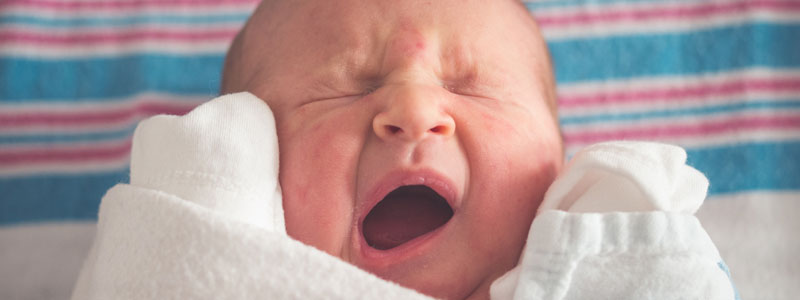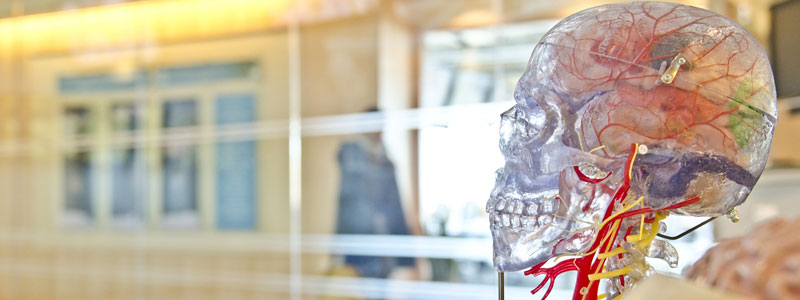Tired on the Road? Study Shows Your Brain Cells May Be “Sleeping”
In the United States, sleep isn’t exactly our highest priority. One in three American adults doesn’t get enough sleep, according to the Centers for Disease Control and Prevention (CDC). In Indiana, only 61.4 percent get their recommended 7 hours. Not getting enough sleep doesn’t just make you grumpy in the morning; it also affects your […]

December 20, 2017

In the United States, sleep isn’t exactly our highest priority. One in three American adults doesn’t get enough sleep, according to the Centers for Disease Control and Prevention (CDC). In Indiana, only 61.4 percent get their recommended 7 hours.
Not getting enough sleep doesn’t just make you grumpy in the morning; it also affects your fitness to drive. 60 percent of U.S. adults admitted to driving while drowsy, and roughly 33 percent admitted to falling asleep while driving, according to the National Sleep Foundation.
Feeling drowsy just isn’t something a cup of coffee can always fix. A new study suggests that people’s sleepiness affects them at the cellular level, inhibiting their reaction time similarly to how alcohol affects us.
Sleepy Drivers = Sleepy Neurons

Teams at the University of California-Los Angeles and the University of Tel Aviv in Israel studied the brain activity of 12 people suffering from uncontrolled epilepsy in California. Researchers implanted eight to 12 electrodes into the skulls of these participants to try to monitor the origin of their seizures. Besides the epilepsy, all participants were healthy adults. Having the electrodes actually on the surface of the patients’ brains meant that researchers could monitor neuronal activity at the cellular level.
Because the study was collecting data even when the participants weren’t suffering from seizures, UCLA researchers were invited to conduct their own studies in the interim. The UCLA team asked participants to categorize pictures of human faces, animals, or places, as well as other simple tasks. Researchers were able to see that different neurons fired to one another when interpreting different objects.
Participants got less and less sleep and were asked to perform the same tasks again. Four patients even stayed awake for a full 24 hours. When patients were sleep-deprived, researchers found that their neurons took longer to fire and emitted weaker electrical wave patterns that are similar to patterns associated with sleeping. On the cellular level, patients’ neurons were getting sleepy, delaying their reaction times.
Neurologist Itzhak Fried was the lead author on the paper published on November 7 in Nature Medicine that documented the findings of the study. He found that individual cells may attempt to “sleep” if a person forces themselves to stay awake. “Select regions of the patients’ brains were dozing, causing mental lapses,” Fried told Quartz, a digital news outlet.
How Being Tired Affects Your Driving Ability

This new study confirms other studies that show that drowsiness affects a person’s driving ability just like alcohol does. Last year, the AA Foundation for Traffic Safety Report found that drivers increased their risk for a car accident the fewer hours they slept, according to The Washington Post:
- Five to seven hours of sleep: 1.9 percent higher risk of car accident
- Four to five hours of sleep: 4.3 percent higher risk of car accident
- Fewer than four hours of sleep: 11.5 percent higher risk of car accident
The National Sleep Foundation found that after being awake for 18 hours, a drowsy person drives like a person with a .05 blood alcohol level. People who have been awake for 24 hours drive like people with a .10 blood alcohol level, well above the legal limit.
Help from an Indiana Car Accident Lawyer
If you’ve been injured in a car accident because someone was driving when they should have been sleeping, Hensley Legal Group can help. Call us today or contact us online to speak with our experienced Indiana car accident attorneys. Your first consultation is on us.